
Blog

All three Scripture readings deal with something Catholics in particular, and Christians in general, have struggled with—this whole idea of worthiness versus unworthiness. And much of it has implications for the way of come to Lord’s Table. If you’re like me, you feel good about working hard and saying to yourself, “I deserve this thing, because I’ve worked hard for it.” The flip side of the coin is, “I don’t deserve this thing, because I don’t feel I’ve done enough to earn …
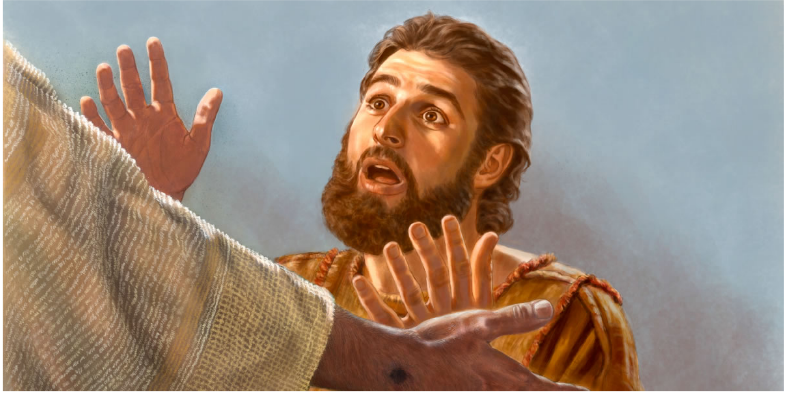
This familiar Easter story, of what we traditionally call the story of Doubting Thomas, is unique to John’s gospel; you don’t find it in the other three gospels. It’s a story of both Jesus’ appearance to the apostles as well as the coming of the Holy Spirit – the Pentecost experience. John does not place Pentecost 50 days after Easter. For him, both the Resurrection and Pentecost happen on Easter Sunday, one before dawn and the other, in the evening.
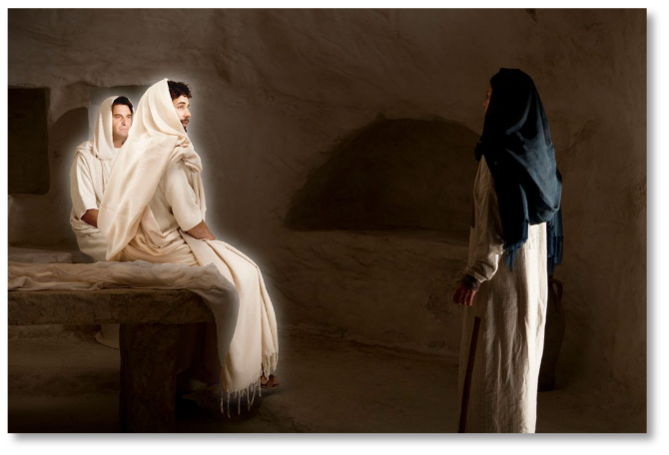
The four versions of the resurrection story—Matthew, Mark, Luke, and John’s version—all have these three things in common: the tomb is empty, the resurrection took place in the early hours of Sunday morning, and Mary Magdalene was the one who made the greatest discovery of all time!
We could add a fourth thing that all four gospel writers report on—angels. Some versions have one angel, others—like Luke’s version which we just heard–have two. One way or …
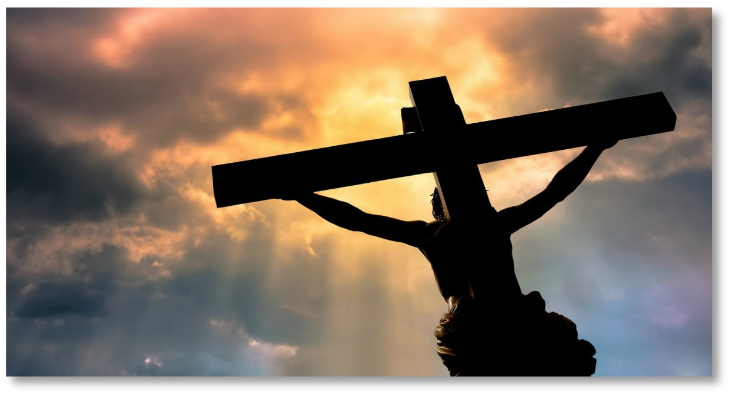
Every year, and I’ve been doing it for as long as I can remember, I force myself to read a book about the Holocaust. It’s a force, like I said, but a necessary force. I need to be reminded that that shameful and cruel event really did happen. I need to be reminded how cruelty and violence are always an inch below the surface in brutal dictators and in myself. Beyond the depressing parts of these Holocaust stories, my …
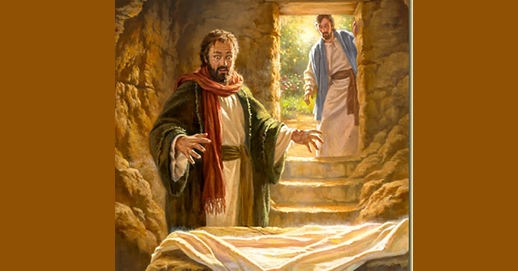
We have something in our Roman Catholic faith called the “hierarchy of truths.” In other words, while we believe many things to be true, some just carry more importance than others. In a hierarchy, the most important stuff is found at the top, and the less important stuff is found further down the ladder. I actually prefer a dartboard to a hierarchy. The bullseye of the dartboard is the absolute truth of all truths—that Jesus Christ is risen. If …
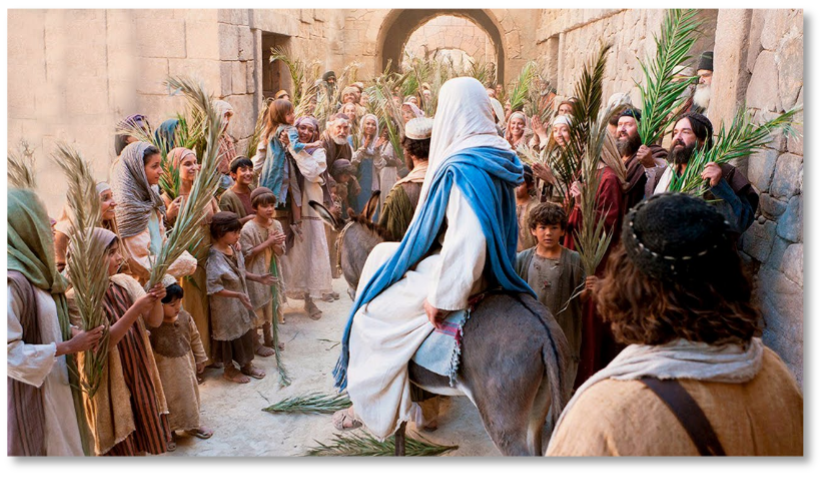
he Passion, as we heard in that first gospel reading, begins with Jesus’ entry into Jerusalem not on a throne surrounded by dignitaries, but on a beast of burden surrounded by peasants looking for hope. This is the tipoff that we are dealing with a very different king. I would like to look at a passage from the beginning of the Passion and a passage from the end of the Passion. Both passages tell us how this very different …

All three Scripture readings deal with images of new life. They are all about people getting stuck and then getting unstuck, because God opened up a new path before them. Isaiah (700 B.C.) is speaking to the Hebrews who are stuck in captivity in Babylon and who long to come back home to Israel. Isaiah tells the people, “Remember, 600 years ago, God made a way in the sea, a path in the mighty waters, through the Red Sea, so …
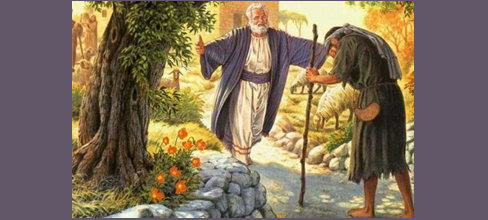
A group of us, back in 1989, when we started at seminary, were told that should we be ordained, someday, we will discover that 95% of all the problems that come our way will either have to do with peoples’ false image of God or false image of self. Based on my informal information gathering after 25 years of ministry, I think the number is actually closer to 99%. So, let’s look at this classic scripture story of forgiveness …

If you don’t remember, I’ll recall it for you. Last Sunday’s first reading was about God promising Abraham that he would be the father of a great nation. Believe it or not there would be more inhabitants, in this great nation, than there are stars in the heavens. It seems, today’s first reading tells us that the party is over. Abraham is long dead, and his descendants are slaves in Egypt. So much for a great nation…or is it?
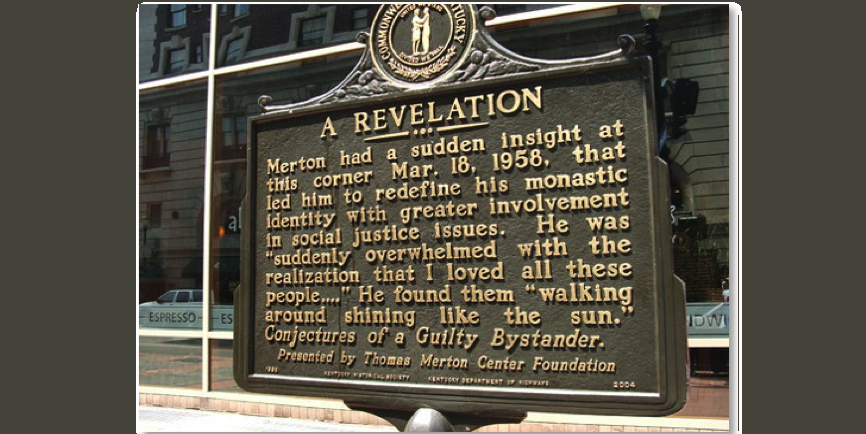
Intending to speak only for myself, but I might also be speaking for others, I can say that I rarely give spiritual experiences the due they are owed. I rarely pay attention to them in the ways I should. It’s much easier for me to go up into my head and find the correct theology or repeat the words of a saint or a theologian rather than exploring where God might be leading me through the experiences of my …